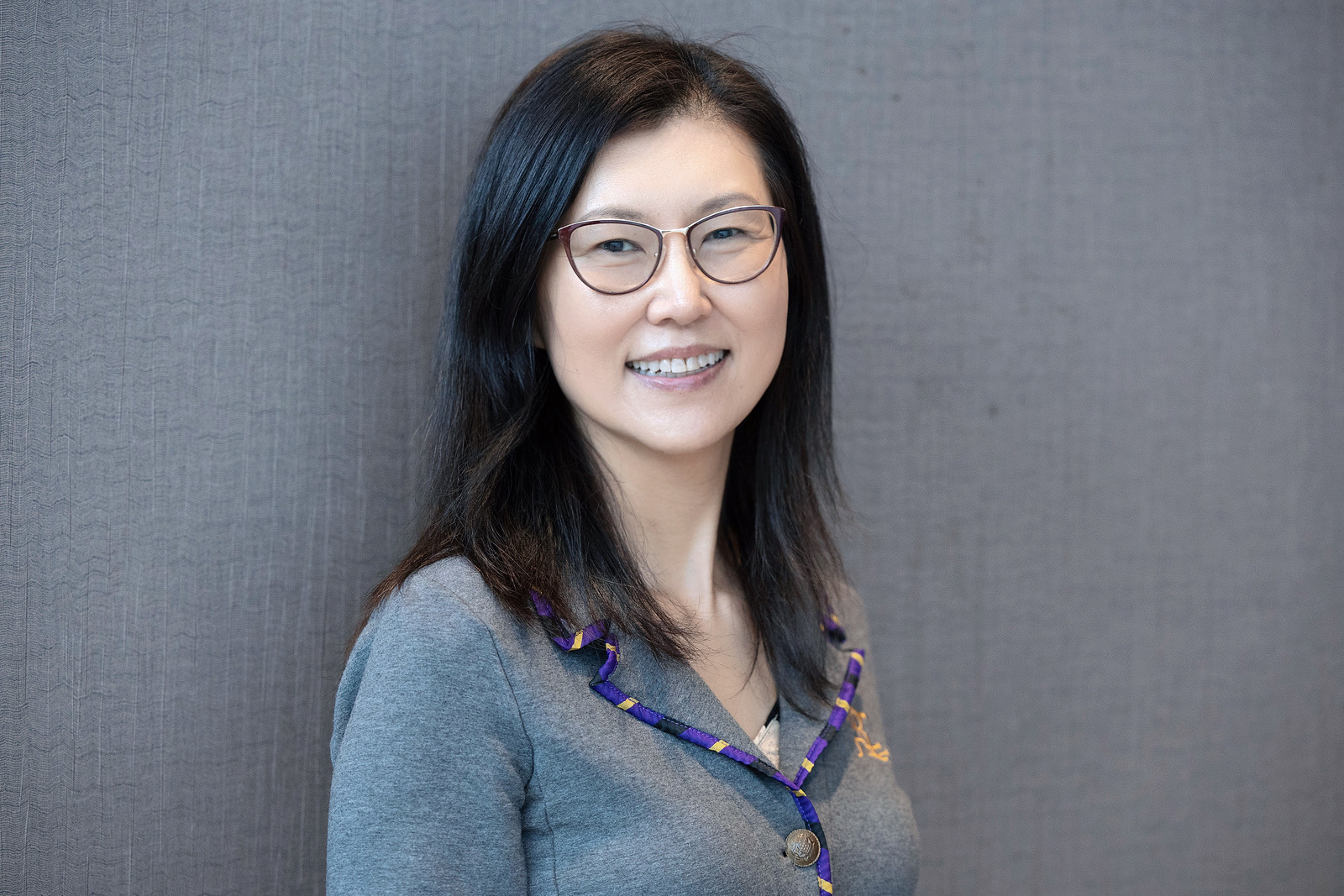From Global Consulting to Island Impact: Rebecca Cai, Hawaii’s Chief Data Officer, Leads with Purpose and Innovation
As Hawaii’s first-ever chief data officer (CDO), Rebecca Cai is charting a bold course for data leadership in the Aloha State. With deep roots in global consulting and government innovation, she brings a human-centered, impact-driven philosophy to a role defined as much by its opportunities as its challenges.
“I traveled to Hawaii many times before taking the role,” she shares. “I just loved the people here. I wanted to be able to help the people here.”
The desire to serve, paired with decades of private sector experience, prepared her to lead Hawaii into a new era of data and artificial intelligence (AI) strategy. Twenty-four years of work in consulting taught her the power of collaboration, empathy, and a results-oriented mindset she now applies across Hawaii’s complex and decentralized state departments.
“In consulting, you work with business leaders from different industries, different backgrounds. You have to bring people along with your ideas,” she explained. “That mindset stayed with me when I joined the public sector.”
It didn’t take long for Cai to recognize that, much like large private companies, government agencies often operate in silos.
“Each department is optimized for its own operations,” she said. “They aren’t designed for data sharing or interoperability. But data and AI can be the glue that brings everyone together.”
Cai’s time as the state CDO for New York proved pivotal to her journey to Hawaii. In that role, she helped redefine the purpose of the CDO position, taking it from an open data function to one that spanned the entire data lifecycle, from governance and analytics to geospatial integration.
“That experience helped me jumpstart things in Hawaii,” she said. “It gave me a blueprint for how to build a comprehensive data strategy from the ground up.”
Leading the development of New York’s first acceptable AI-use policy was one of her proudest accomplishments during her tenure there, a process that taught her “what components are necessary for responsible innovation in government,” she said. She has since brought those principles to Hawaii, where she is championing policies for generative AI, statewide data-sharing platforms, and ethical automation.
Of course, Hawaii’s distinct geography and culture have also shaped her approach.
“Each department is like its own island. Data is like water—it needs to flow between the islands. But we have to know whether it’s clean water or wastewater,” she said. “That’s where governance comes in.”
To guide that flow, Cai is leading the development of a statewide data and AI management framework, a structure that ensures compliance with laws while enabling innovation. Central to this framework is a clear roadmap of use cases, tracking which datasets are being used, their quality, and the business impact they create.
Rather than chasing perfection, Cai believes in practical, outcome-oriented goals.
“Your data will never be perfectly clean,” she said. “So instead of trying to clean it all, let’s focus on specific challenges—like disaster readiness or homelessness and build solutions that matter.”
Among Hawaii’s most pressing challenges is a lack of adequate personnel. With a 20- to 30-percent shortage in employees across departments, Cai believes AI-powered agents can be an asset in reading bills, translating documents, and assisting case managers, among other things. Beyond its potential for increasing internal efficiency, she also sees opportunities to use generative AI to improve public services.
“Imagine a case manager who can instantly access cross-departmental information, or a citizen who receives multilingual answers to questions about eligibility,” she said. “AI can upskill workers without requiring years of training.”
That said, she’s careful not to overstate its promise.
“AI should be like an encyclopedia, a tool to complement human expertise. But the decisions must remain human. We’re not ready to hand over full control.”

Cai’s leadership is rooted in purpose, pragmatism, and a learner’s mindset.
“If I could talk to my younger self, I’d say: learn the business side sooner. It’s not just about the technology you have to understand the problems you’re trying to solve,” she reflects. “And don’t be afraid to keep learning. This is an evolving field. Stay curious.”
To build that mindset in others, she actively worked with departments to identify business use cases with defined impacts for data and AI, created data sharing architecture with statewide master data management, data governance, and data sharing analytical platform while also advocating for sustainable funding, which is currently awaiting approval from the governor. “Success for me is building a sustainable framework that supports long-term data sharing, with clear metrics tied to real use cases,” she says. “And making sure we grow a workforce that’s ready for what’s next.”